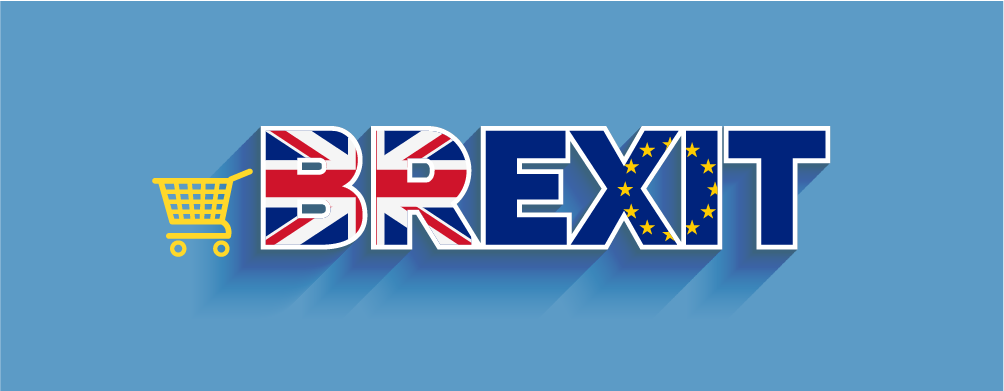Brexit
Brexit, what it is and what it means, is common knowledge at this point. Most people know that it means that Britain is leaving the European Union, even if that’s the limit of their knowledge. How did this happen? On Thursday, June 23, 2016 Britain held a referendum to determine whether or not they should leave the EU. A referendum is a vote in which nearly every one of voting age can participate. The vote resulted in 51.9% wanting to leave over 48.1% wanting to stay. Article 50 of the Lisbon Treaty gives both sides two years to decide how Britain is going to leave the EU. However, Britain is the party that needs to initiate that article. It’s been two years since Britain initiated this process, however, the plan that was proposed to leave has been rejected by a mass majority recently. That means a no-deal exit from the EU is becoming more likely for Britain. A no-deal Brexit has its own issues. Furthermore, how does th
An Uncertain Future

eCommerce thrives more in Britain than in any other EU country. To put this in perspective, 86% of internet users shopped online in Britain in 2017. That’s more than in any other EU country. Brexit washes uncertainty upon the shores of eCommerce retailers. Domestic retailers are uncertain about what they should be doing. International sellers are just as uncertain. Will there be new laws/regulations that need to be complied with?
Additionally, let’s not forget about eCommerce buyer concerns now. What will be the less expensive buying option? What if they previously were accustomed to an overseas shop’s inventory in EU proper? Will these new laws and regulations make it so that EU businesses will be forced to lose out to Britain-based ones? Lastly, there are eCommerce workers that work in Britain that live in the main European landmass and vice versa? What of them? With all this uncertainty one thing is for certain: the transition is going to carry a lot of questions that need answers fast.
People have been in search of answers to these questions since Brexit first began. Maurits Bruggnik, the secretary general of the European e-commerce and omnichannel trade association (EMOTA), had some responses for some of those questions. Should there be panic? “In case of a hard-Brexit, which seems to me the most likely scenario, we will see serious disruptions in cross-channel trade since all products will have to pass customs, product conformity procedures, and other disruptors. This means long waiting periods for consumers waiting for their parcels to be delivered. With some product categories having return rates of up to 50%, the issue of delays will be even more important. This will quickly lead to a serious downturn in e-commerce.”
Uncertain Answers

Then he was asked about the competition/retailers and he had this to say: “The drop of the Pound Stirling will not off-set the tremendous loss in shoppers convenience with long parcel delivery times. If a shopper is willing to wait long for a parcel delivery because of the price difference, the UK will always lose to China. Moreover, shoppers will also have to pay customs duties, which can for some product categories be very important. The number 1 e-commerce product category is clothing and that is an area where high customs duties still occur.” Based on his answers the future doesn’t seem all that promising.
For updates on this and more follow our blog or contact Sunship for more detailed e-commerce information.






